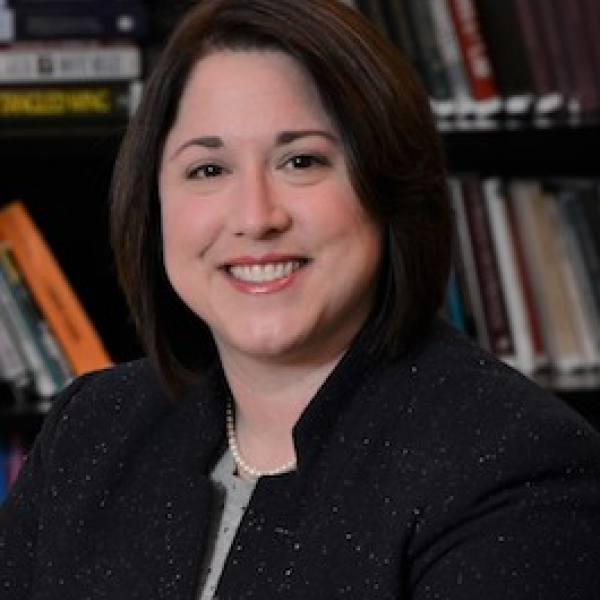Older Adults Are Missing Out on a Crucial Medication Review Service

For more than 15 years, Medicare Part D plans have paid for eligible older adults to meet with a pharmacist or other healthcare provider and go over all the medicines and supplements they take, so they can look for safety risks and ways to save money or streamline their doses.
But a new study shows that most people over age 65 with health insurance haven’t taken advantage of this service – and most don’t even know they can.
There were exceptions, with those who take the most medications and those who might have trouble paying for medications being more likely to have a medication review. Specifically, older adults who take five or more prescription drugs were much more likely than those who take between two and four drugs to have had a comprehensive medication review, the study shows. So are those who say they’ve had trouble paying for the cost of food.
On the other hand, older adults who take two or more prescription medications and say their health is fair or poor were half as likely to have had a medication review as other older adults who take similar numbers of medications.
The new paper, published in The Journals of Gerontology: Series A by a team from the University of Michigan, draws on data from the National Poll on Healthy Aging. The poll is based at the Institute for Healthcare Policy and Innovation, and supported by Michigan Medicine, U-M’s academic medical center, and AARP.
Lead author Antoinette Coe, Pharm.D., Ph.D., of the U-M College of Pharmacy, worked with the poll team on the new analysis, which builds on a previous poll report.
“Our study found that in older adults with health insurance, 77% are on two or more prescription medications. Of them, only 1 in 5 had received a comprehensive medication review, while over one-third were interested in a medication review in the future,” she said. “We also found that most older adults – about 83% were not aware that their prescription insurance may cover a medication review. These results show a continued need to increase older adults’ awareness and education on the benefits of medication reviews.”
Coe notes that it’s not just prescription medications that pharmacists can help people navigate – in fact, often supplements and over-the-counter medications can have risky interactions with prescriptions. So can alcohol and even some foods.
The new study shows that of older adults who take two or more prescription medicines, 51% also take between two and four non-prescription medications including supplements, and 15% took five or more.
The study is based on data from 960 people age 65-80 with health insurance, 62% of whom had Medicare Part D coverage. Learn more about the National Poll on Healthy Aging.
In addition to Coe, the authors are Karen Farris, Ph.D., Erica Solway, Ph.D., M.S.W., M.P.H., Dianne C Singer, M.P.H., Matthias Kirch, M.S., Jeffrey T Kullgren, M.D., M.S., M.P.H., Preeti N Malani, M.D., M.S.J. and Julie P W Bynum, M.D., M.P.H.
Paper cited: Predictors of Receipt of Comprehensive Medication Reviews in Older Adults," The Journals of Gerontology: Series A. DOI: 10.1093/gerona/glac096



